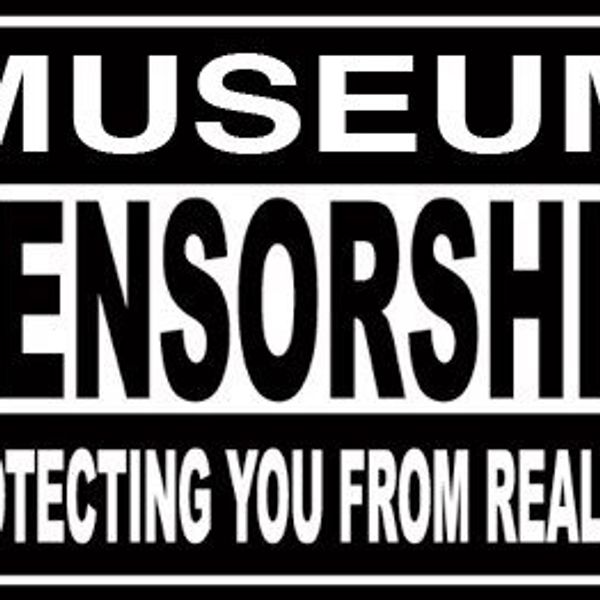People have different ideas about what comedy should be and what the boundaries are. From the perspective of the comedian, it can often come down to seeing how far you can push those boundaries and how close you can get to controversy without actually being controversial while still being funny. But when comedians do that, there is always the danger of offending a group of people who do not take lightly jokes about tragedy or sensitive subjects. So where do you draw the line?
From the viewer’s perspective, a controversial joke may display insensitivity to the plight of people who have suffered from the tragedies comedians use for humor. When someone watches a funny movie or a stand-up special, they want to be entertained and distracted from their daily lives. And how can they do that if they’re being reminded of negative experiences? From that point of view, it makes sense that there are certain sensitive topics comedians should not use.
Of course, this may present a sort of double standard. If you laugh at a joke that might offend someone else, but get offended at a joke that relates to you or your experiences, then it invalidates your objection. This is a sort of cognitive dissonance, where a person can hold the opposing ideas that a) this offends me, so it shouldn’t be used as a joke, and b) this might offend other people, but it doesn’t offend me, so it’s OK.
The implication of this might be that either nothing is off-limits or everything is off-limits. Obviously, everything can’t be off-limits, otherwise no one would be able to joke about anything. So does that leave nothing off-limits? Maybe.
Perhaps the deciding factor of whether or not a sensitive topic is OK to use in comedy is the intent. If the comedian is being malicious and displaying clear malice towards victims of tragedy or other sensitive experience, then obviously that’s not OK. In a case like that, the comedians point is most likely not even to be funny, but to criticize something that they (perhaps wrongly) feel is inferior to themselves.
On the other hand, many comedians cite joking about tragedy as a way to lessen the blow. When comedians joke about Sept. 11, there is no disrespect for the people who died, but making light of the situation is a form of catharsis, a way of releasing sadness about the event, and the same goes for other tragedies. This is, again, up to the intent. If the comedian is not being malicious, then he is not out to offend any specific particular group of people who have suffered, but trying to make a bad situation better by making light of it.
If you’re offended by a joke you can always stop watching. But when it comes to comedy that pushes the boundaries of what is and isn’t controversial, consider the comedian’s intent, and understand that while you may not feel like you can be able to enjoy a joke, doesn’t mean that it’s inherently wrong to do. Tolerance is key.





















